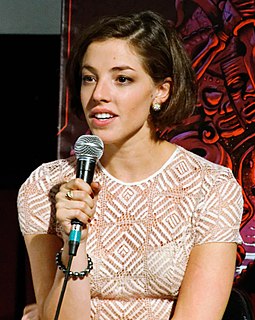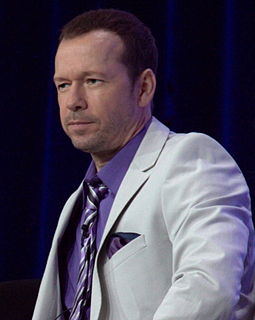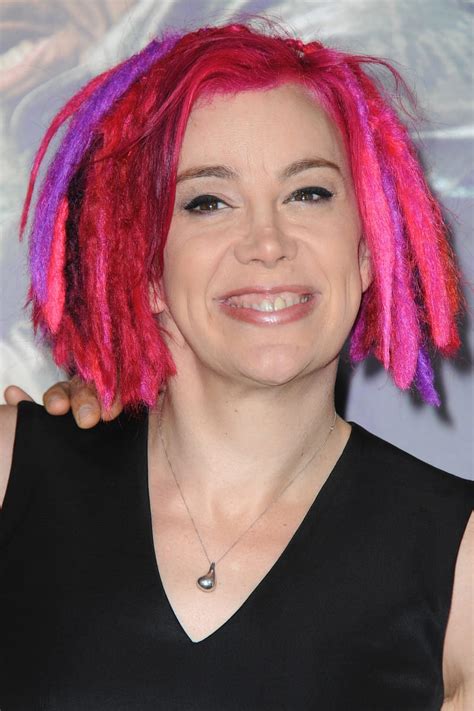A Quote by Harrison Ford
The trick of this thing and the beauty of this thing is that it's a cowboy movie first and then stuff happens. Even after stuff happens it doesn't change - it hasn't suddenly changed into another kind of movie. It's still a cowboy movie. And that's what's incredible about it because nobody has done that before, that's new territory.
Related Quotes
I put in all the dirty words. It works really well. The thing that we found with 'Drive Angry,' more than anything else is that we wrote the movie that we wanted to see. I've done that before. I've wanted to see 'Jason X'. It did not become the movie that I thought it would be. That happens. It's happened with every movie I've ever done.
When you sit down and write a song, you kind of have the idea for the song, and you sit there at the piano and you kinda just write it. And then of course later there's some dinking around with it and changing some stuff. But there's this thing that happens when the song first comes out, that sort of magic when it first comes out of the ether, and you can't even really explain where it comes from. That happens so much with music, and people understand that with music. But I really think that a lot of movie and TV should be the same way.
It's kind of interesting to experience that kind of a ride after well, essentially so many years of enjoying a career based on failures and then suddenly something clicks. The weird thing is, I never changed a thing. The process is still the process as it ever was. The fact that people decided to go and see a movie that I was in was probably the most shocking thing that I've ever been through.
American Graffiti was the first movie where the director let me have any input. It was the first time anyone ever listened to me. George thought my character should have a crew cut, but I wasn't happy with that idea. I'd always had pretty long hair back then - in college, particularly - so I told George my character should wear a cowboy hat. George thought about it and he remembered a bunch of guys from Modesto, California, who cruised around, like my character, and wore cowboy hats, so it turned out that it actually fit the movie.
I was also a fan of the first one Saw movie. I knew there was a danger in doing the sequel, especially like this. They have such a core audience for the Saw movies. The fans of the movie actually demanded a sequel. They were on the internet going crazy. I don't even go on the internet. I don't even know how all this stuff happens. But they wanted it and one the one hand that's good, because you know there's an audience.
I've had stuff of mine adapted by other people, so I've come to the conclusion that a movie is a different form from a novel and there is no such thing as a true adaptation. You have to adapt to this other thing and do it right. But that voice of the original should somehow still be there, and the original intent should still be there. So if the original writer saw the movie, the writer would say, "Well, that's not what I wrote, but that's what I meant." And if you can do that, I think you've done your job as a screenwriter.
I got my story, my dream, from America. The hero I had is Forrest Gump... I like that guy. I've been watching that movie about 10 times. Every time I get frustrated, I watch the movie. I watched the movie before I came here again to New York. I watched the movie again telling me that no matter whatever changed, you are you.


































